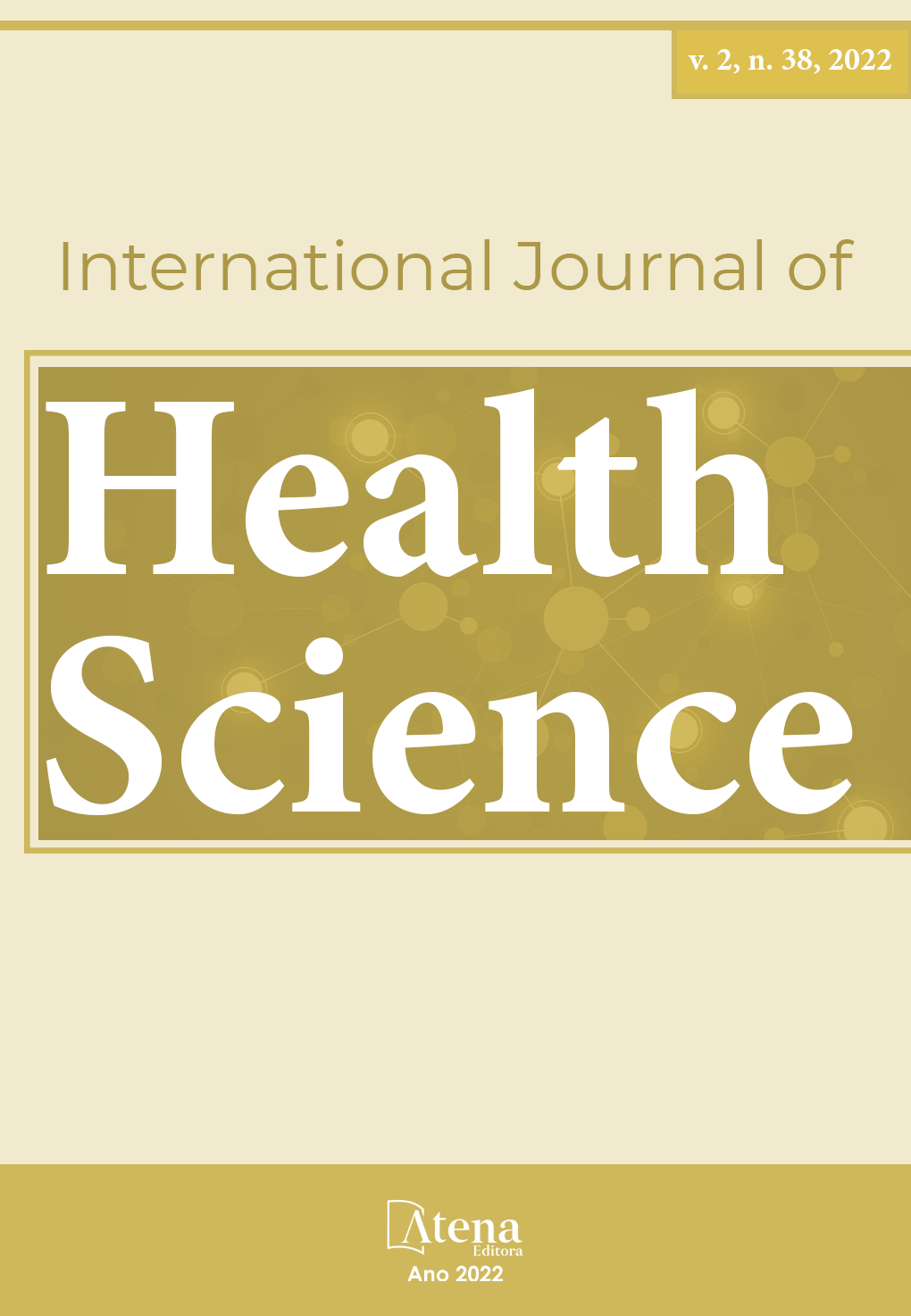
MEDICAL PRESCRIPTION ANALYSIS IN A REFERENCE HOSPITAL IN VALE DO JEQUITINHONHA
Medicines are one of the main therapeutic forms available for the treatment of pathological disorders. However, the irrational and mistaken use of these drugs can cause the worsening of clinical conditions and lead to ineffective therapies. In the hospital environment, these mistakes become even more serious in view of the extensive daily prescriptions and clinical states of high complexity inmates. The pharmacist, through the hospital clinical performance of analysis of medical prescriptions, must act in a fundamental way in the collaboration of the conscious use of medicines and in the promotion of the patient's health, through the identification and intervention of Drug-Related Problems (DRP). This study evaluated the quality indicators in the pharmaceutical analysis service, coming from the analysis of prescriptions in the surgical clinic of a hospital with emphasis on the identification and intervention of DRPs, in order to categorize and quantify the causes of these problems. In addition, medical adherence to the proposed interventions and the impact promoted by pharmacological analysis on patient safety were measured. This was a cross-sectional, retrospective and observational study, comprising data collected from the hospital pharmacy system obtained between March and August 2021. 1,725 prescriptions were analyzed and there was pharmaceutical intervention in 324 (18.78%) of them. In all, 20,893 medications were reviewed and there were interventions in 485. The most frequent cause of DRP is related to inconsistencies in the dosage schedule or drug dosage regimen n=144 (29.69%) and the most frequently suggested intervention was the inclusion of medication in the therapeutic regimen n=99 (20, 41%). Of the interventions proposed by the pharmacist, there was adherence in n= 292 (60.20%). The clinical pharmaceutical service contributes significantly to the reduction of DRP, in a way that directly helped in patient safety, reduction of hospitalization time, therapeutic success and comprehensive care of patients, especially in the health of the elderly population.
MEDICAL PRESCRIPTION ANALYSIS IN A REFERENCE HOSPITAL IN VALE DO JEQUITINHONHA
-
DOI: 10.22533/at.ed.1592382214075
-
Palavras-chave: clinical pharmacy, prescription errors, drug-related problems, pharmaceutical interventions.
-
Keywords: clinical pharmacy, prescription errors, drug-related problems, pharmaceutical interventions.
-
Abstract:
Medicines are one of the main therapeutic forms available for the treatment of pathological disorders. However, the irrational and mistaken use of these drugs can cause the worsening of clinical conditions and lead to ineffective therapies. In the hospital environment, these mistakes become even more serious in view of the extensive daily prescriptions and clinical states of high complexity inmates. The pharmacist, through the hospital clinical performance of analysis of medical prescriptions, must act in a fundamental way in the collaboration of the conscious use of medicines and in the promotion of the patient's health, through the identification and intervention of Drug-Related Problems (DRP). This study evaluated the quality indicators in the pharmaceutical analysis service, coming from the analysis of prescriptions in the surgical clinic of a hospital with emphasis on the identification and intervention of DRPs, in order to categorize and quantify the causes of these problems. In addition, medical adherence to the proposed interventions and the impact promoted by pharmacological analysis on patient safety were measured. This was a cross-sectional, retrospective and observational study, comprising data collected from the hospital pharmacy system obtained between March and August 2021. 1,725 prescriptions were analyzed and there was pharmaceutical intervention in 324 (18.78%) of them. In all, 20,893 medications were reviewed and there were interventions in 485. The most frequent cause of DRP is related to inconsistencies in the dosage schedule or drug dosage regimen n=144 (29.69%) and the most frequently suggested intervention was the inclusion of medication in the therapeutic regimen n=99 (20, 41%). Of the interventions proposed by the pharmacist, there was adherence in n= 292 (60.20%). The clinical pharmaceutical service contributes significantly to the reduction of DRP, in a way that directly helped in patient safety, reduction of hospitalization time, therapeutic success and comprehensive care of patients, especially in the health of the elderly population.
-
Número de páginas: 12
- Fátima Soares Ferreira
- Renata Aline de Andrade
- Lorena Chaves Fernandes


